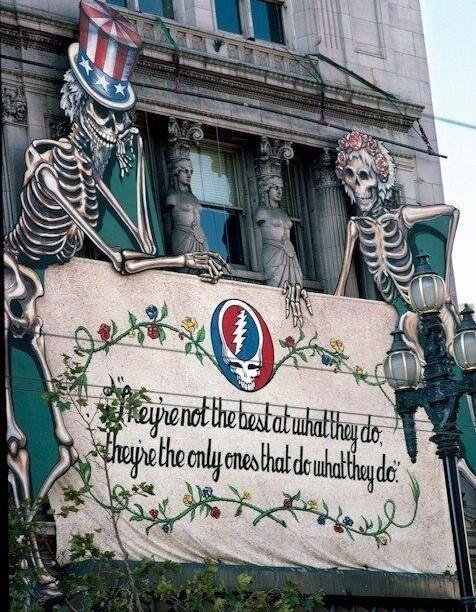Bill Graham, the legendary concert promoter and impresario, looms large in the annals of music history as a towering figure whose influence stretched far beyond the confines of the stage. From his humble beginnings as a Holocaust survivor to his meteoric rise as one of the most influential figures in the music industry, Graham’s story is a testament to the power of passion, perseverance, and the transformative potential of music.
Born in Berlin in 1931, Graham’s early years were marked by tragedy and upheaval. Fleeing the Nazi regime, he emigrated to the United States as a child, eventually settling in New York City. It was there, amidst the vibrant cultural milieu of post-war America, that Graham first fell in love with music, attending concerts and soaking in the sounds of jazz, blues, and rock and roll.
But it wasn’t until Graham relocated to San Francisco in the 1960s that he truly found his calling. Inspired by the burgeoning counterculture movement and the vibrant music scene of the Bay Area, Graham embarked on a mission to bring live music to the masses, founding the iconic concert venue Fillmore Auditorium and later, the Fillmore West.
Under Graham’s guidance, the Fillmore became ground zero for the burgeoning psychedelic rock scene, hosting legendary performances by the likes of the Grateful Dead, Jefferson Airplane, and Jimi Hendrix. But Graham’s impact extended far beyond the confines of his venues; he was a tireless advocate for artists’ rights, fighting to ensure that musicians were fairly compensated for their work and treated with the respect they deserved.
Graham’s influence on the music industry cannot be overstated. His visionary approach to concert promotion, his unwavering commitment to artistic integrity, and his relentless pursuit of excellence set the standard for generations of promoters to come. And though he may no longer be with us, his legacy lives on in the countless lives he touched and the music he helped bring into the world.



